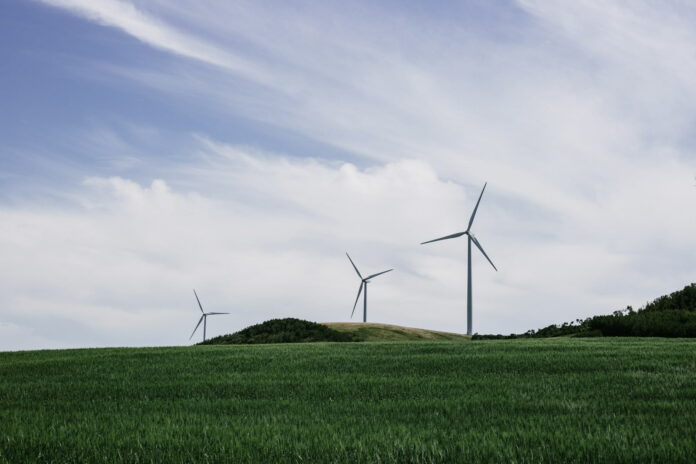As the global community grapples with the pressing challenges of climate change and environmental degradation, the transition to renewable energy sources has emerged as a pivotal solution. This shift is not only crucial for reducing greenhouse gas emissions but also for fostering sustainable development.
Emerging Trends in Renewable Energy Technologies
The renewable energy landscape is rapidly evolving, driven by technological advancements and increased investment. Solar energy, for instance, has seen significant improvements in photovoltaic (PV) cell efficiency and energy storage solutions. Innovations such as bifacial solar panels, which capture sunlight on both sides, and perovskite solar cells, known for their high efficiency and low production costs, are paving the way for more widespread adoption.
Wind energy technology is also advancing, with the development of larger and more efficient turbines. Offshore wind farms are becoming increasingly viable, thanks to advancements in floating turbine technology. These turbines can be installed in deeper waters where wind speeds are higher and more consistent, thereby increasing energy output. Additionally, the integration of artificial intelligence (AI) and machine learning is optimizing wind farm operations, enhancing predictive maintenance, and improving energy yield.
Other emerging trends include the growth of bioenergy, particularly through the use of advanced biofuels and biogas. Innovations in waste-to-energy technologies are transforming organic waste into valuable energy resources, reducing landfill use, and contributing to a circular economy. Furthermore, the development of smart grids and energy storage systems is enhancing the reliability and efficiency of renewable energy sources, making them more competitive with traditional fossil fuels.
Ecological Benefits and Challenges of Renewable Energy Adoption
The ecological benefits of renewable energy adoption are manifold. Primarily, renewable energy sources such as solar, wind, and hydroelectric power generate electricity without emitting greenhouse gases, thereby mitigating climate change. Additionally, these sources reduce air pollution, which is a significant health hazard in many urban areas. The shift to renewables also conserves natural resources, as it reduces the reliance on finite fossil fuels.
However, the adoption of renewable energy is not without its challenges. The production and disposal of renewable energy technologies, such as solar panels and wind turbines, can have environmental impacts. For example, the mining of rare earth metals required for these technologies can lead to habitat destruction and pollution. Furthermore, the intermittent nature of some renewable energy sources, like solar and wind, necessitates the development of efficient energy storage systems to ensure a stable energy supply.
Another challenge is the land use and ecological footprint of large-scale renewable energy installations. Wind farms and solar arrays can disrupt local ecosystems and wildlife habitats. Hydroelectric dams, while providing a reliable source of renewable energy, can alter river ecosystems and displace communities. Addressing these challenges requires careful planning, sustainable practices, and ongoing innovation to minimize the environmental impact of renewable energy technologies.
Future Prospects and Innovations in the Renewable Energy Sector
The future of renewable energy is promising, with numerous innovations on the horizon that could revolutionize the sector. One of the most exciting prospects is the development of next-generation energy storage solutions. Advances in battery technology, such as solid-state batteries and flow batteries, promise to provide more efficient and longer-lasting storage options, addressing the intermittency issue of renewable energy sources.
Hydrogen fuel is another area of significant potential. Green hydrogen, produced using renewable energy, can serve as a versatile energy carrier and storage medium. It can be used in various applications, from powering fuel cells in vehicles to providing a clean energy source for industrial processes. The scalability and versatility of hydrogen fuel make it a key player in the future energy landscape.
Moreover, the integration of renewable energy with digital technologies is set to enhance the efficiency and management of energy systems. The use of blockchain for energy transactions, AI for predictive analytics, and the Internet of Things (IoT) for smart grid management are just a few examples of how digital innovation is transforming the renewable energy sector. These advancements not only improve the performance and reliability of renewable energy systems but also enable more decentralized and democratized energy production and consumption.
The future of renewable energy is bright, with emerging technologies and innovations paving the way for a more sustainable and resilient energy system. While there are ecological challenges to address, the benefits of transitioning to renewable energy far outweigh the drawbacks. As the world continues to innovate and invest in renewable energy, we can look forward to a cleaner, greener, and more sustainable future.
